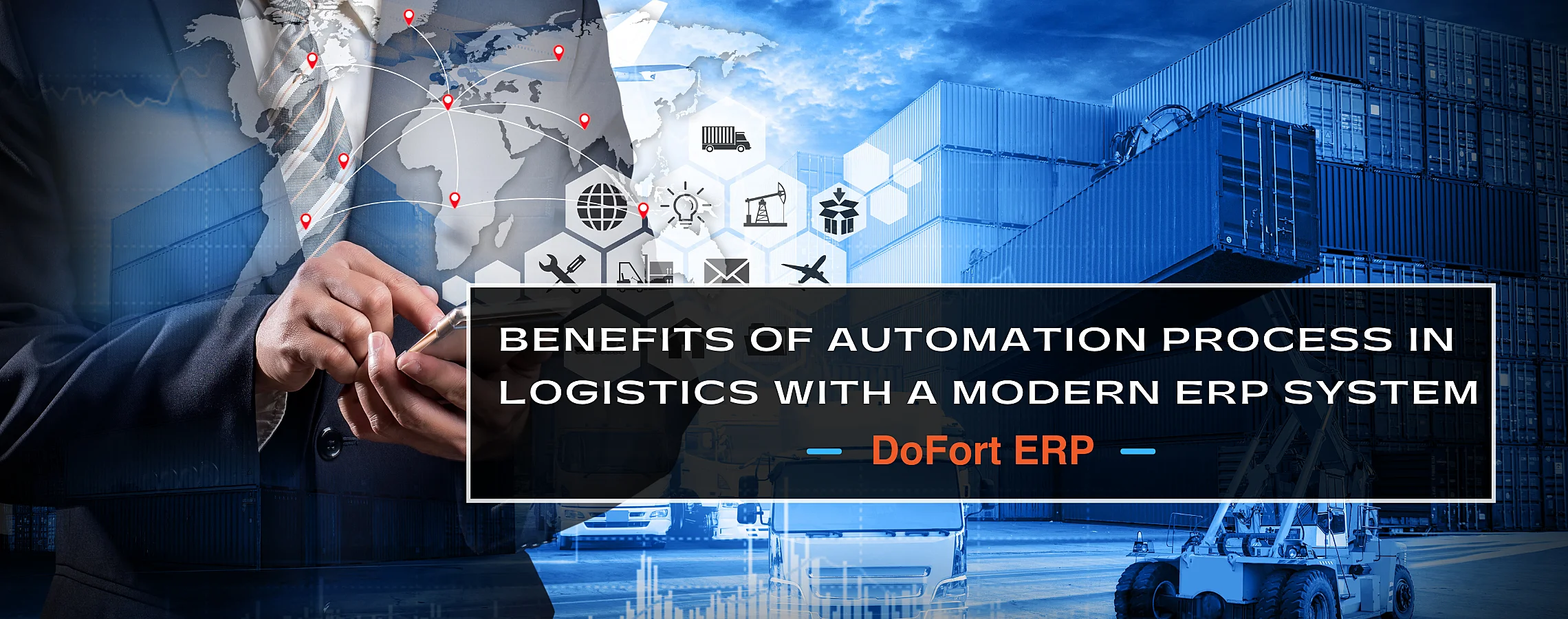
Businesses that choose to invest in shipping software can gain a competitive edge. Additionally, ERP (Enterprise Resource Planning) can enhance operational activities while reducing overall costs. By utilizing transportation management software, you can effectively manage the shipping process. Logistics software plays a crucial role in the success of companies engaged in the transportation of goods.
Moreover, the volume of eCommerce is rapidly increasing. Numerous disruptions affect warehouses, distributors, and retailers, making the entire process challenging. Before the implementation of logistics software, many containers used to return empty from their destination. Monitoring goods in the warehouse was a complex task, and stockrooms were often underutilized, leading to higher costs.
On the other hand, the adoption of cloud-based technologies has revolutionized the transportation industry. Companies can now access real-time insights and easily collaborate with third parties. Surprisingly, all processes can be streamlined using a single logistics software. Whether it's distribution, inventory management, order management, warehouse management, or transportation planning, we have you covered. However, automation in the logistics software sector has a unique significance. A robust TMS (Transportation Management System) and ERP are crucial for a company's efficient and productive operations.
Managing a transportation company can be quite challenging, especially when it comes to freight management. TMS can help you take control of the overall operations involving the movement of goods while also adapting to company rules and lowering costs. ERP is powerful enough to ensure that both internal and external users adhere to policies, resulting in improved productivity and efficiency.
Transportation and freight travel companies are always looking to decrease costs. Integrating logistics software automation with ERP systems can help by automatically storing fuel surcharges and eliminating the need for manual data entry, reducing the chance of errors. Shipping software significantly reduces costs and aids in the efficient and timely delivery of goods to customers.
Operational fluency in transportation and shipping requires complete inventory control. ERP development can assist in this by providing a "Single Dashboard" to keep track of current stock levels and manage all inbound and outbound orders. It also helps in determining remaining stock and out-of-stock items, providing detailed information about the inventory.
Implementing an ERP system streamlines distribution processes and enhances distribution channels. By utilizing customer feedback, historical data, and social media, you can optimize the order delivery process. With effective management, all stakeholders—manufacturers, suppliers, and distributors—can work together seamlessly. This results in improved efficiency with no delays in collections, orders, payments, inventory, transit, traffic updates, or other key areas. Access to this information empowers business leaders to make informed decisions and pinpoint any issues causing delays.
In the logistics software industry, losing a customer can have a significant impact on revenue. By leveraging logistics software automation features in TMS, you can offer customers a seamless experience. Real-time tracking, insurance options, auto pick up, and transparent freight accounting are just some of the benefits. Customers will have clarity on freight costs and delivery timelines, ensuring a positive experience every step of the way.
TMS streamlines transportation management without the need for extra resources. If you're unsure about the necessity of logistics software, consider this: as your company expands, so does the volume of freight. Transportation software simplifies the management of existing and new customers alike. Additionally, consolidating freight invoices into weekly statements is made easy. This scalability ensures smooth operations regardless of the shipment volume at each location.
ERP and TMS play crucial roles in automating transportation processes. Each has its own strengths and weaknesses, making integration essential for optimal efficiency. While ERP streamlines organizational functions, TMS focuses on transportation needs. Rather than seeking all-in-one solutions, businesses should focus on developing comprehensive systems for seamless process transformation.
If you're in the transportation industry or seeking expert ERP development services, look no further than DoFort Systems! Our team has the expertise and experience to help you integrate ERP seamlessly into your business. Contact us today for more information. Get in touch with us for more information.
Welcome to DoFort !